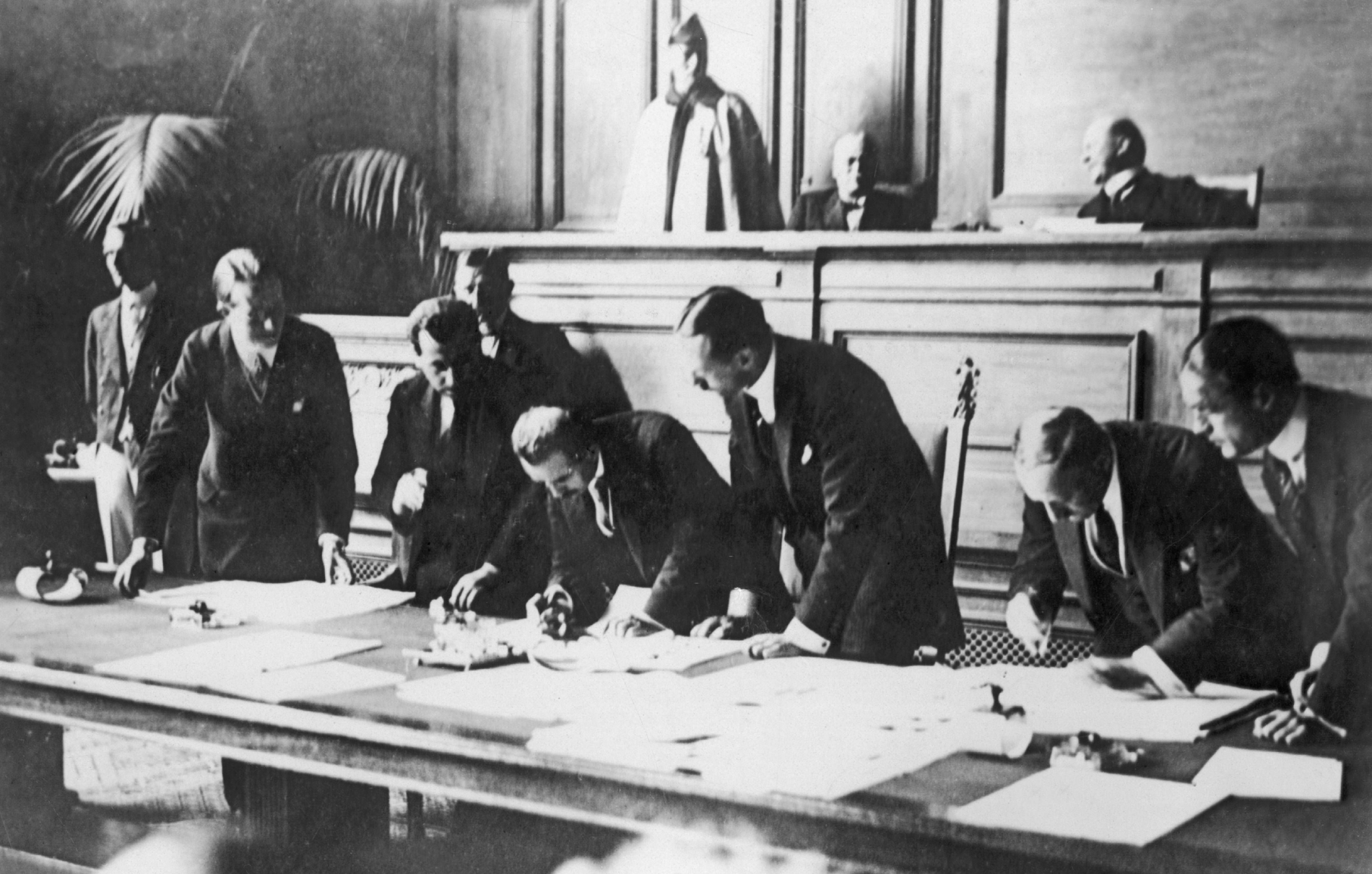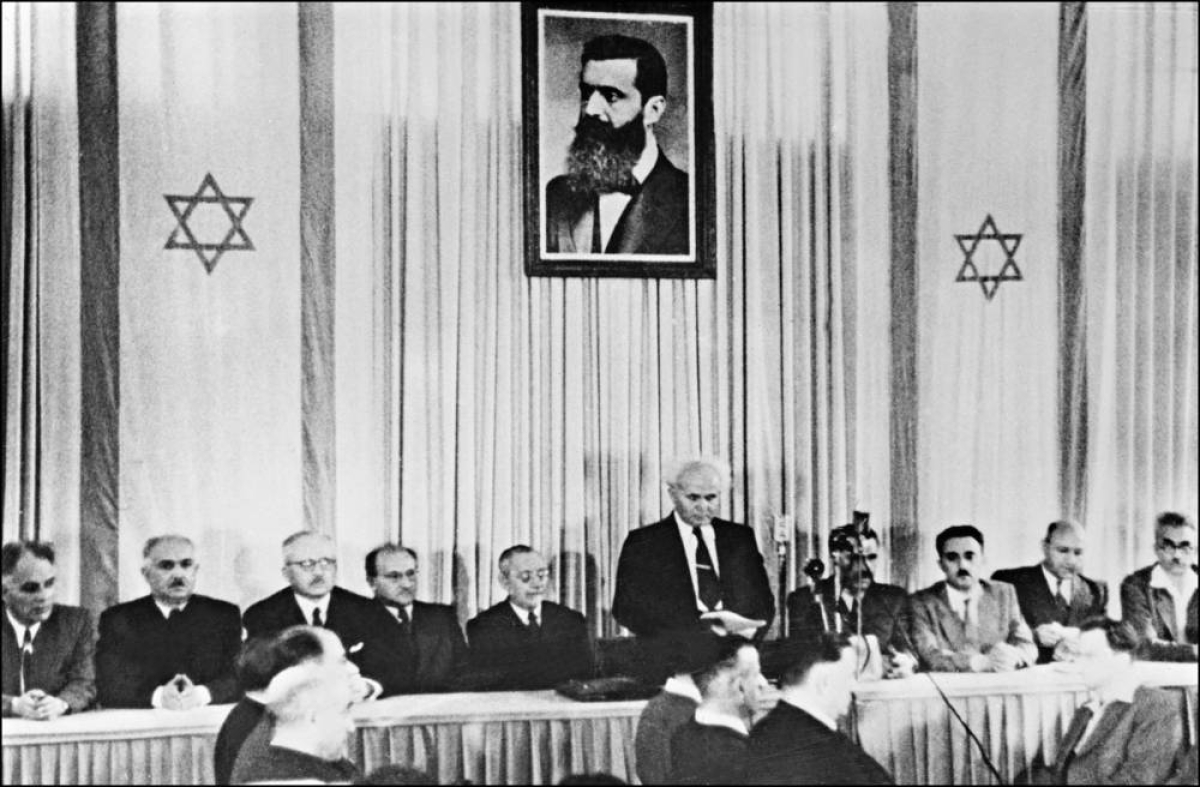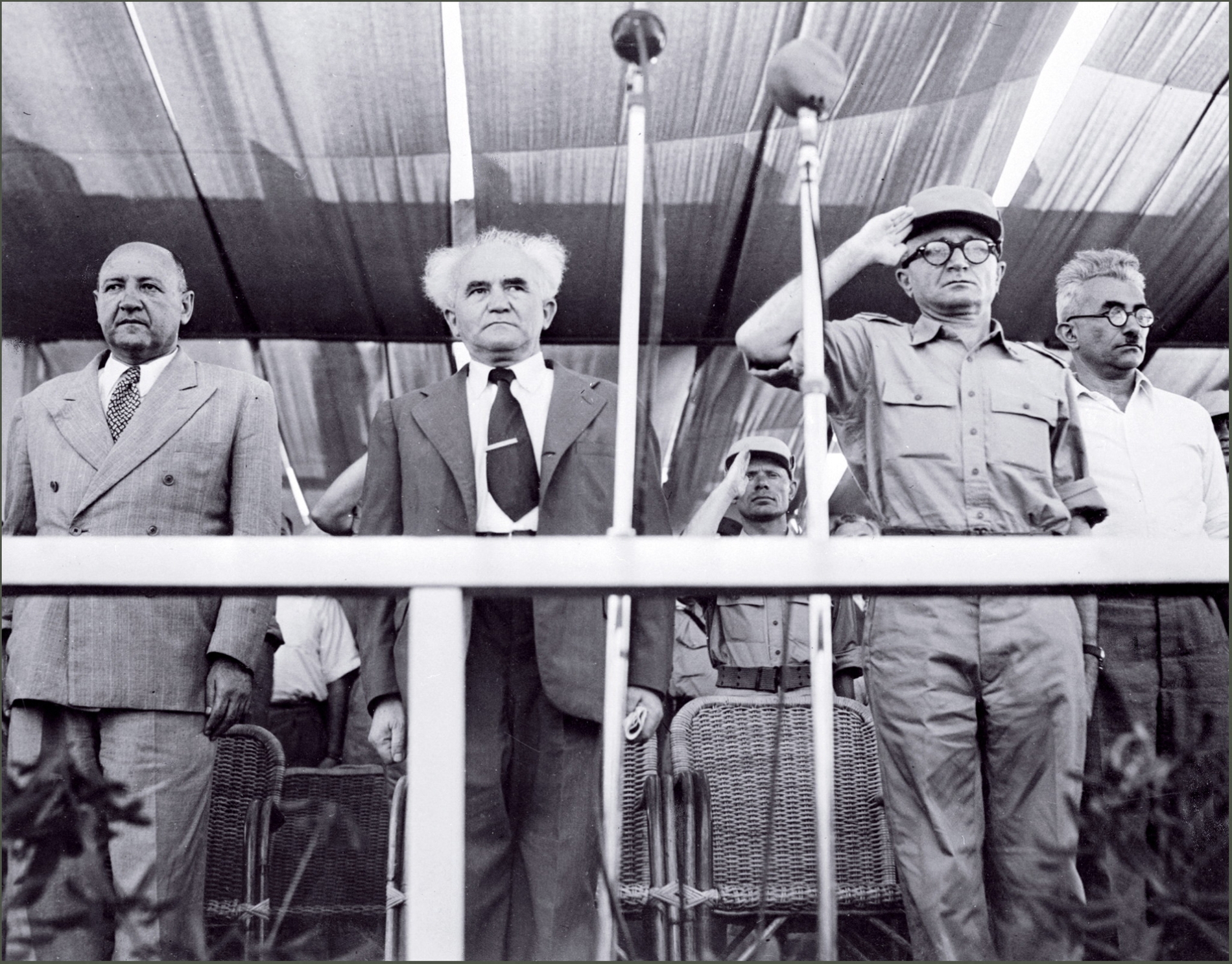Following the recent 12-day war between Iran and Israel, the Turkish state television channel TRT World aired an in-depth report claiming that Israel’s motivation for the war was linked to the Zionists’ long-standing secret plan to expand its borders to match those of the ancient Jewish kingdom—aka ‘Greater Israel,’ which stretched from the Nile to the Euphrates. The report’s claim was not unique; other outlets have carried similar ideas and debates, sparking much discussion on social media.
Despite Iran not being part of any of these so-called biblical borders, the idea that Zionists aimed to create a homeland beyond the boundaries of Palestine is far from new. Indeed, it was discussed more than a century ago, in the Ottoman Parliament, in the spring of 1911, when Palestinian lawmaker Ruhi al-Khalidi explained to the assembly what immigrant Jews were doing in Palestine, warning that this could also extend to Syria and Iraq.
A Jewish takeover
Both Khalidi and fellow Palestinian parliamentarian Said al-Husseini avoided far-fetched conspiracy theories accusing Jews of controlling the Ottoman Empire, but following the 1908 Young Turk Revolution and the 1909 overthrow of Sultan Abdulhamid II, prominent figures within the Ottoman opposition fuelled fears of a Zionist takeover, claiming that Jews were behind it.

Such proponents cared little about Palestine. This would have been noted by Khalidi and Husseini, who were part of the ruling Committee of Union and Progress party. For them, it was clear that the conspiracy theories about an all-powerful Zionist Jewish cabal secretly trying to take over Ottoman lands had nothing to do with Palestine and were rooted entirely in antisemitism.
Not surprisingly, antisemitic accusations of a Jewish takeover re-emerged decades later within Turkish Islamist circles. Some even claimed that the modern Turkish state’s founder, Mustafa Kemal Atatürk, was secretly Jewish. For them, Turkey was the first Jewish state, and Israel was the second. Such claims persisted throughout the Arab world for decades.













